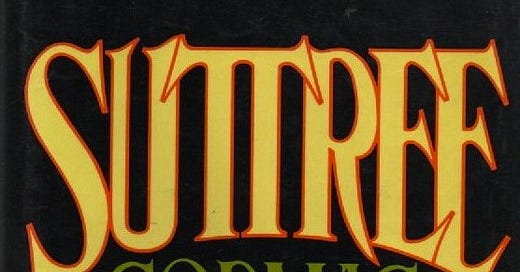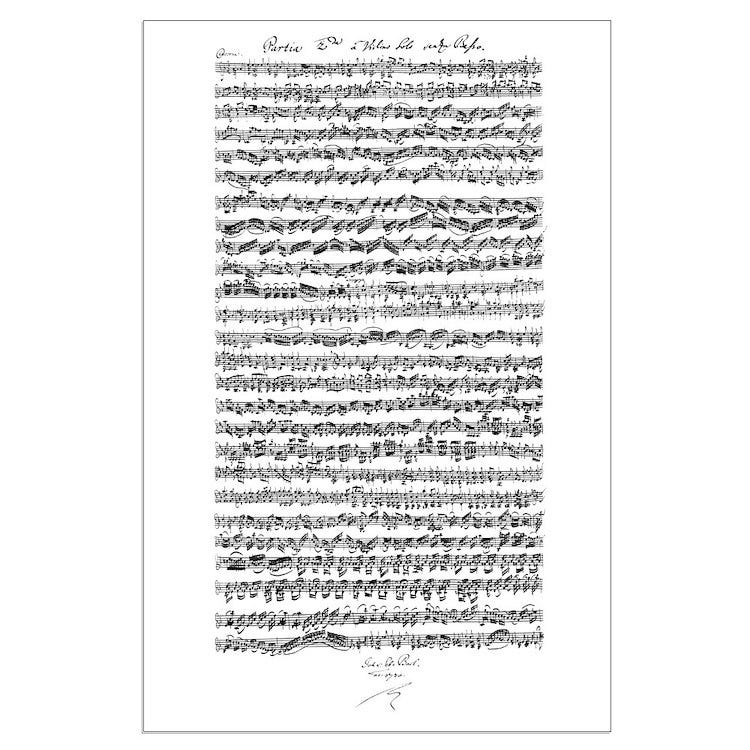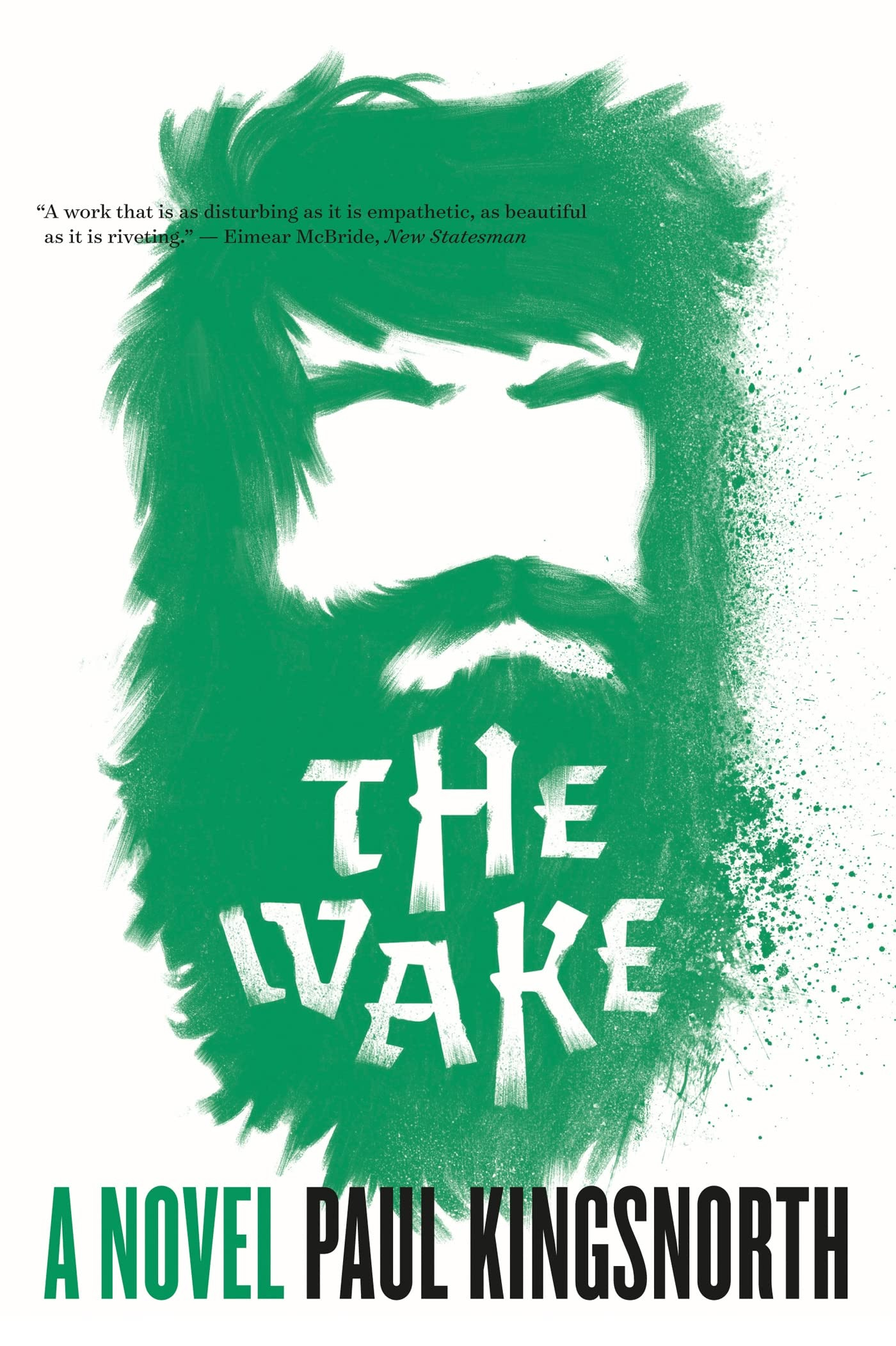[Note: Put cursor over footnote for pop-up.]
1.
Why do we like the books we like?
Do they share some particular quality?
the power or heft or gravitas of the story
the convincingness of the voice
the audacity of the project
the quality of the sentences and how often they surprise you 1
the avidity of the overall reading experience
the sense of gratefulness that, of all books, you found this one
the way a book has settled into your mind over time
the way a work's strangeness meshes with your strangeness
. . . and for other reasons you're not even aware of.
Then I remember that when I taught writing, I often invoked the tools of a sound engineer's trade—especially the board with its array of dials and sliders.2
Every memorable recording has a unique aural signature, the product of trying something, listening, evaluating, trying something else, and so on, over and over and over. The more decisions, the more one-of-a- kind the project will be. Why? Because it's been filtered through who you are.
In short, I think we like what we like not for the presence or absence of a given quality, but for its constellation of properties.
2.
I'm an old straight (American) white guy.
Not so long ago, this might've seemed a decent credential. These days, I have to put it differently: To what degree does this identity discredit/devalue/disqualify what I recommend?
Interesting question. Or is it the question?
I think we both are and are not limited by our particular niche in the stream of humanity. A weaselly answer, I know. But stay with me a moment because this leads to a question that's nagged at me for years.
Let's start with a story:
My mother, Jean Long, played the cello as a girl in Flint, Michigan (when she was still Jean Dimond). Twenty-odd years later, after I was born, she took it up again, studying with Jacobus Langendoen of the Boston Symphony.
One day, much later still, inside a Florida mall, she asked me (as if freshly arrested by the question): Do you like that? She meant the rock music roiling the air around us. What did I answer? I have no idea—maybe, by then, I'd learned to keep my trap shut.3 Though I was in my thirties, I still viewed that interchange through the remnant of a parent/child, generation-gap kind of lens. Now that I'm older than she was then, now that I can see us with less ego involvement, less defensiveness, I'm left with this: My mother liked what she liked, but couldn't like what I liked, whereas my ear responds to . . . well, not everything (see below), but to a really eclectic array of stuff, from Anoushka Shankar to Tom Rush to Yo-Yo Ma to Taj Mahal—bluegrass, fado, string quartet, Pearl Jam, Mark Knopfler, Portishead, plain song, Dave Brubeck, Arvo Pärt, Larkin Poe, Ladysmith Black Mambazo, and so on. I feel sorry for her, in a way, but that's not my point.
Hang on, we're almost there.
One of my blind spots is the big Teutonic orchestral works of the 19th C.—they can sound ponderous/melodramatic/bombastic/even cornball . . . but the compositions of J. S. Bach (especially the solo pieces, the fugues, the Unaccompanied Cello Suites, etc.) seem unspeakably sublime, fundamental. [In a novel once I had the Jamaican lover of my physicist character say, "Bach is how the ah-toms sound." That's how it seems to me.
But, you see, I also really love the blues.
So, finally, we arrive at the question for which I have no answer: What would Bach make of blues music?
Dig it or be deaf to it? 4
3.
The real issue isn’t that you can’t trust my recommendations because of my identity—you’ll have to look at the books and decide for yourselves. Here’s, I think, the important question: Are there books I don't read, or grasp, or even know of (and therefore don't recommend) because they're from a perspective significantly removed from my own?
And the answer is: Of course.
For me the upshot is that I keep working on expanding my sphere of awareness. For you it’s that you need mentors/book advisors from other vantage points in the cultural landscape.
Since there’s every reason to suspect I pre-date just about all of you, there are scads of books (and ideas about books) that are common knowledge to me but not to you. One of my secret powers: I’m an elder.
So:
Every so often, I'll supplement the regular posts with a Dave's Faves (or two)—short lists of books I esteem (prose only, mostly fiction). The first two or three you can consider my inner circle, my book posse, my personal HoF. Beyond that, ranking titles reliably feels next to impossible. Is Hamnet a better novel than The Remains of the Day? Do I like Cloud Cuckoo Land better than Let the Great World Spin or Beloved or Jane Eyre?
Therefore, consider each list a small backpackful, organized by year published, covering a range of at least one hundred years.
As for reading them—I won't twist any arms. My mission is to make sure you've heard of these books. Some you'll already have read, of course (even re-read), some may already be on your special shelf. But I hope some are new to you; I hope my enthusiasm rubs off on you, that you're moved to lay hands on one or two.
That would delight me.
Dave’s Faves [1]
All My Puny Sorrows, Miriam Toews (2014)5
The Road, Cormac McCarthy (2006) 6
Jesus’ Son, Denis Johnson (1992) 7
Beloved, Toni Morrison (1987)
So Long, See You Tomorrow, William Maxwell, 1980
Suttree, Cormac McCarthy, 1979 8
Winter in the Blood, James Welch, 1974
The Great Gatsby, F. Scott Fitzgerald, 1925
Ethan Frome, Edith Wharton, 1911
Bleak House, Charles Dickens, 1853 9
Dave’s Faves [2]
The War for Gloria, Atticus Lish (2021)
Normal People, Sally Rooney (2018) 10
The Wake, Paul Kingsnorth, 2014 11
Winter’s Bone, Daniel Woodrell, 2006
The English Patient, Michael Ondaatje, 1992 12
Housekeeping, Marilynne Robinson, 1981
Slaughterhouse-Five, Kurt Vonnegut, Jr., 1969
On the Beach, Nevil Shute, 1957 13
Portrait of a Lady, Henry James, 1881
Tristram Shandy, Lawrence Sterne, 1760-66 14
I touched on this in a craft talk once:
But I want to put in one more plug for the idea that sentences unfold in time. Even relatively ordinary sentences can deliver a small jolt when an unusual or incongruous word is saved for the end. In “The Body in Extremis,” Steve Almond writes:
If absence makes the heart grow fonder, ultimatum makes the heart grow . . .
A millisecond of expectation. What’s he going to say?? What Almond actually wrote:
If absence makes the heart grow fonder, ultimatum makes the heart grow feral.
Full disclosure: My younger son, Jackson, is a sound engineer/production manager at KEXP in Seattle.
One of my father’s wise sayings: “You just missed a golden opportunity to keep your mouth shut.”
I’m afraid you’re on your own here. I’ve argued myself around in circles. Good luck. If you come up with something brilliant lemme know!
I have serious reader friends who did flips over Women Talking (2018)—and Sarah Polley did a fine film adaptation . . . but I still like the sister dynamic in All My Puny Sorrows, and also the humane, laugh-aloud Fight Night (2021).
And I finally learned the right way to say her name: TAYVES.
I had the clear sense, only a few pages into my first reading of The Road that it would be read far into the future.
One day, years ago, I was reading The New Yorker, a story called “Work,” by a writer I’d never heard of, Denis Johnson. The severely hungover narrator is helping a friend salvage copper wire from a flood-ruined house. “I felt weak,” he tells us. “I had to vomit in the corner—just a thimbleful of gray bile.” Wham-o. That sentence went straight to my Hall of Fame. Con-sider how the moment plays without the last phrase—ordinary, vaguely squalid. Who among us has not, at one time or another, produced that thimbleful? The most out-of-place word you could come up with, yet utterly spot on.
[I used to call this a book of short stories but I finally gave up. It’s a novel.]
My favorite novel of all time—along with So Long, See You Tomorrow, just above it, two books that could not be more different. The last of McCarthy’s novels before decamping for the Southwest.
Whether or not you decide to take on this big brick of a novel, do yourself a favor and read the opening few pages—a description of the muddy/sooty environs outside London’s Chancery Court where JARNDYCE and JARNDYCE is being litigated—a suit with legendary staying power:
This scarecrow of a suit has, in course of time, become so complicated that no man alive knows what it means. The parties to it understand it least, but it has been observed that no two Chancery lawyers can talk about it for five minutes without coming to a total disagreement as to all the premises. Innumerable children have been born into the cause; innumerable young people have married into it; innumerable old people have died out of it. Scores of persons have deliriously found themselves made parties in Jarndyce and Jarndyce without knowing how or why; whole families have inherited legendary hatreds with the suit. The little plaintiff or defendant who was promised a new rocking-horse when Jarndyce and Jarndyce should be settled has grown up, possessed himself of a real horse, and trotted away into the other world.
I’m a Sally Rooney fanboy. This one I read straight through on a Sunday afternoon. And the series on Hulu was exquisite. [I guess I’m a Daisy Edgar-Jones fanboy as well.]
My favorite novel of 2014. The Norman Conquest, as narrated by a man who loses everything in the Conqueror’s savage takeover of his land, a story fueled by rage. Buccmaster speaks to us in his own tongue, Anglo-Saxon [Kingsnorth has modified it enough that, with the help of a small glossary and a pronunciation guide, we understand what’s being said]. I found it profoundly moving.
I had a tough time with this on my first read—all the who, what, where, etc. felt jumbled, hard to parse; on the second reading, I couldn’t imagine how I’d been confused. Then there was the film, which I found magnificent. I can’t be objective about The English Patient—I’m still in its thrall [I even have a copy of the screenplay].
Nevil Shute was a popular novelist, a journeyman . . . and then he wrote one great book. I think it succeeds so brilliantly because there’s no melodrama, just daily life described in an even tone, as in the other novels, except here people are living out their last days before the nuclear cloud reaches the southern coast of Australia. When the action is hot, writer Debra Gwartney advises, write cool.
Both On the Beach and Slaughterhouse-Five will be included in a future post on Speculative Novels.
In 2003, I spent a month at Hawthornden Castle, a writer’s retreat outside Edinburgh, Scotland. There was a small library room—all polished wood and dust motes in the air—attached to the ruins of the 13th C. keep. I sometimes worked there for a change of scene. One afternoon I studied the leather-bound book spines and saw Tristram Shandy—a book I knew nothing about, except I seemed to think it was pre-Victorian. I hauled it down and read a page or two, found myself smiling, chuckling. This I hadn’t expected. Later I took it back to my room on the top floor of the main building, reached via a twisty stone staircase, where each of us had one of the former servants’ rooms. I distinctly remember lying on my bed, laughing silently (we weren’t supposed to make noise), wiggling my legs in the air.










I was sent back here through a 'nudge' in the footnote on The Wake in the second voicey novels post. I think. And, indeed, you are right - there is a dearth of 'buzz' in the comments section here. I noticed I had 'hearted' it, but not commented, so I'm attempting to make up for my lapse.
First, as a nod to the impact of Dave's Faves, I just spent an Audible credit on Tristram Shandy, so pat yourself on the back for keeping it alive.
I have indeed read a few of these; even taught four of them: Slaughterhouse-Five, Gatsby, The Road, and Ethan Frome. Jesus' Son and Winter's Bone are on my short list - Jesus' Son in particular. Have you read The Largesses of the Sea Maiden? Another collection of his stories, not exactly linked in the same way, but similarly evocative. I love Suttree, but no surprise - I'm fond of McCarthy. Wikipedia lists it as semi-autobiographical, interestingly.
The main one on your list that I'm putting onto my list (other than Tristram Shandy) is The Wake. Anglo-Saxon! Those are my people!